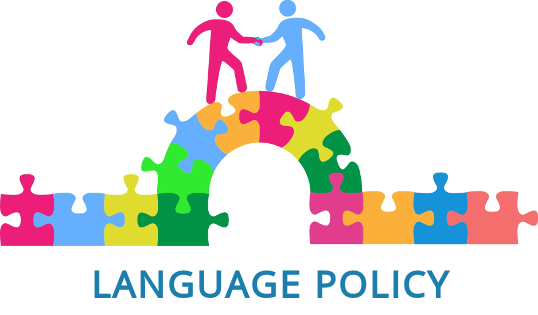Language Support for Migrants (LSM) Toolkit 2024

The Language Support for Migrants (LSM) Toolkit 2024 is a continuation of the long-term Linguistic Integration of Adult Migrants (LIAM) project, which began in 2006, and is based on the same underlying principles.
The LSM Toolkit has been created to meet both the specific needs of teachers providing language support in mainstream educational programmes or formal language learning settings, as well as the needs of teachers working in the compulsory school who are teaching different subjects to classes that include migrant children and adolescents. The Toolkit is also aimed at volunteers, who are often not trained language teachers and are working in the community, in refugee reception centres or alongside teachers.
The Toolkit consists of a set of 80 resources designed to guide educators (teachers, volunteers) who are providing these kinds of language support for adult migrants and migrant children in a wide range of contexts. The resources are also designed to provide guidance and resources for other stakeholders such as those responsible for designing and organising formal or non-formal language support provision, especially for newly arrived migrants and refugees and/or those in charge of defining the content of pre-service and in-service training programmes for teachers and volunteers. Many of the tools were the subject of a comprehensive piloting initiative in autumn 2023. An international panel of experts was asked to assess them and provide feedback, and approximately 100 teachers in Italy were asked to try out a selection of the tools with migrant learners in their classrooms and to gove feedback on the experience. The full report on the piloting exercise can be found here. A separate Guide is provided for those organising focused training and supervisory support for such teachers and volunteers. It outlines the potential scope of such training, offering practical examples of how selected LSM tools can be used in training and professional learning.
Some of these tools are specifically designed to address the needs of migrant learners with a low or very low level of literacy. This is an area of need and support that is focused on in the Reference guide on Literacy and Second Language Learning for the Linguistic Integration of Adult Migrants (LASLLIAM), launched in 2022. Other Council of Europe tools specifically targeted at these particularly vulnerable learners are available here following thorough piloting during the LASLLIAM project. These additional LASLLIAM resources are integrated with the tools offered in the LSM Toolkit.
Most of the LSM tools are designed also to address the specific needs of asylum seekers and refugees. This is an area on which the aforementioned 2017 LIAM Toolkit focused on, with particular regard to adult refugees. The additional multilingual resources contained in the overlapping LIAM Toolkit are still available for use alongside the LSM Toolkit.
The Guide and the 80 tools can be downloaded from the dedicated page.



